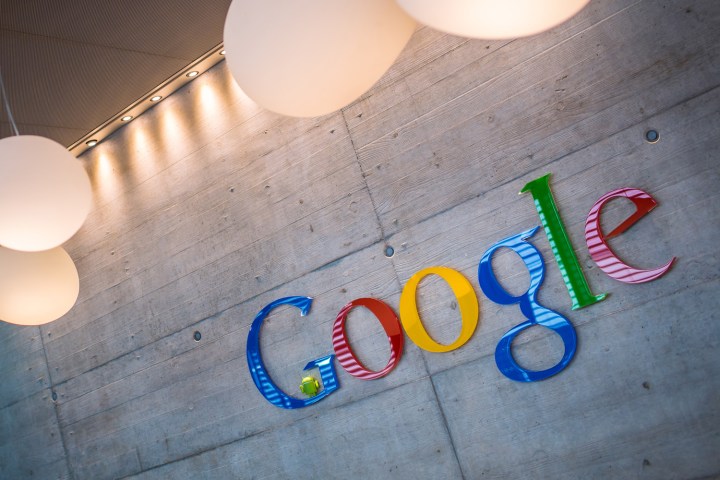
DeepMind Health will launch in the U.K.’s National Health Service first, specifically at the Royal Free Hospital in London. Streams, an iPhone app developed and co-designed with “some of the U.K.’s leading [health] experts,” will be the first tangible result of the initiative: it’ll present actionable information to nurses and doctors that can help aid in the detection of acute kidney injury, or AKI. (DeepMind notes it’s an often preventable disorder that results in 40,000 deaths each year, according to the the Oxford Journal of Medicine and Health.)
DeepMind’s also working on a platform that’ll provide an easy way for practitioners to quickly synchronize notes on patients. As part of that effort, it’s acquiring Hark, a task management app optimized for hospital environments that was co-developed by students from Imperial College London and the National Institute for Health Research. The app’s proven successful in early trials: during a test at St Mary’s Hospital in London, clinicians who switched to Hark responded 37 percent faster than with hospital’s pager system.
Somewhat unexpectedly, DeepMind Health won’t debut with any of DeepMind’s artificial intelligence technologies. Instead, the team says it’ll develop the program thoughtfully, responding to rather than preempting the health care professionals which the program’s tools are intended to serve. “Ultimately the aim is to give nurses and doctors more time to focus on what’s most important,” DeepMind said in a statement. “From identifying challenges, to co-designing solutions, to oversight and governance, nurses and doctors will lead us every step of the way.”
DeepMind Health is yet another prong in Google’s enduring effort to advance the healthcare market technologically. Google’s former Life Sciences division engineered a bandage-sized wearable and contact lenses that can monitor glucose levels, a health-tracking wristband, and a spoon that steadies tremors in those afflicted by Parkinsons. And new company under Google’s Alphabet umbrella, Verb Surgical, announced a collaboration with Johnson & Johnson in December of last year to create robotic surgical assistants.


